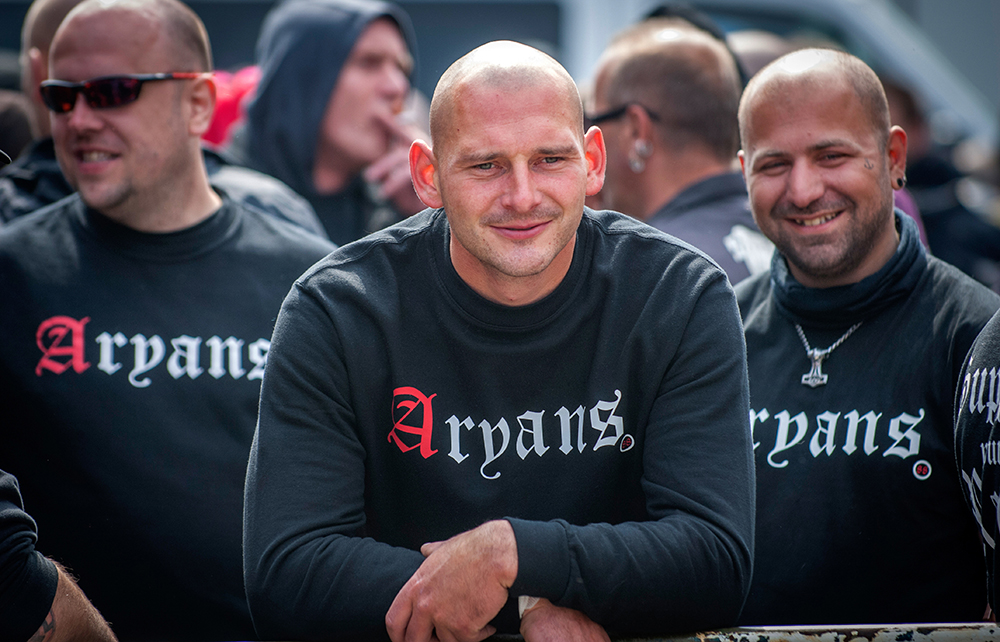Enver Simsek’s life story was one familiar to many migrants. He moved from Turkey to a small town in Germany, then worked hard in a factory during the week and as a cleaner at weekends before starting his own business as a florist. By the turn of this century, he employed almost a dozen people selling his blooms from stalls and stands across Bavaria. So in the summer of 2000, he took his wife and two teenage children back to his native land for a break. Soon after returning, the 38-year-old was shot eight times in the head and shoulder, left dying in a pool of blood amid the bouquets of baby’s breath, daisies and roses in his van parked in Nuremberg.
As Simsek’s life ebbed away in hospital, his distraught family faced a barrage of questions from police. They asked his wife about any marriage problems, his teenage children whether he carried a gun or had enemies. Officers ransacked their home for evidence and searched his stalls with sniffer dogs, suspicions aroused by his weekly trips to Amsterdam’s famous flower auctions. Soon the media began running stories that the murdered man had been trading drugs and was killed by the Turkish mafia. As the months dragged on, the police doubled down on their theories, despite the lack of evidence. They bugged vehicles, asked about religious practices, and even lied to Simsek’s bereaved wife about a mythical blonde mistress.
The detectives had jumped to false conclusions based on the family’s race. So they brushed aside the witness who told them he had seen two men on bicycles near the van.








Comments
Join the debate for just £1 a month
Be part of the conversation with other Spectator readers by getting your first three months for £3.
UNLOCK ACCESS Just £1 a monthAlready a subscriber? Log in